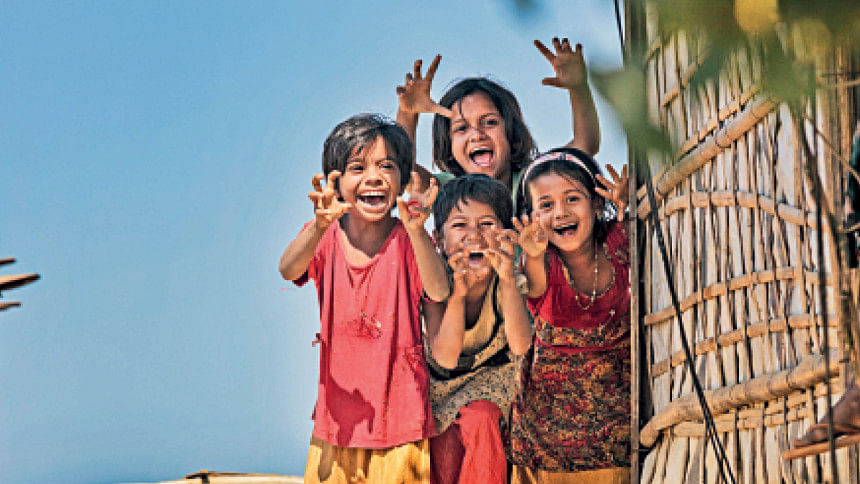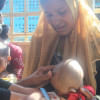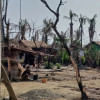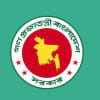Rohingya Children: Unicef seeks urgent investment in edn

The United Nations Children’s Fund (Unicef) has called for urgent investment in education of the Rohingya children who live at different refugee camps in Cox’s Bazar.
The call came from a report titled “Beyond Survival: Rohingya Refugee Children in Bangladesh” that was produced yesterday.
According to the report, the overall education sector had provided non-formal education to 280,000 children aged between four and 14 by June 2019.
Unicef and its partners have ensured access to learning for 192,000 of those children, enrolled in 2,167 learning centres.
However, this leaves over 25,000 children who are not attending any learning programmes, and an additional 640 learning centres are needed, according to Unicef.
Further, 97 per cent of children aged between 15 and 18 are not attending any type of educational facility, the report said.
“For the Rohingya children and youths, now in Bangladesh, mere survival is not enough,” said Unicef Executive Director Henrietta Fore.
“It’s absolutely critical that they are provided with the quality learning and skill development that they need to guarantee their long-term future.”
More formal teaching and learning materials are being progressively rolled out for younger refugee children studying in camp learning centres.
Unicef and other agencies are calling on the governments of Myanmar and Bangladesh to allow the use of national educational resources.
“Providing learning and training materials is a huge task and can only be realised with the full backing of a range of partners,” said Fore, adding, “But the hopes of a generation of children and adolescents are at stake. We cannot afford to fail them.”

 For all latest news, follow The Daily Star's Google News channel.
For all latest news, follow The Daily Star's Google News channel. 







Comments